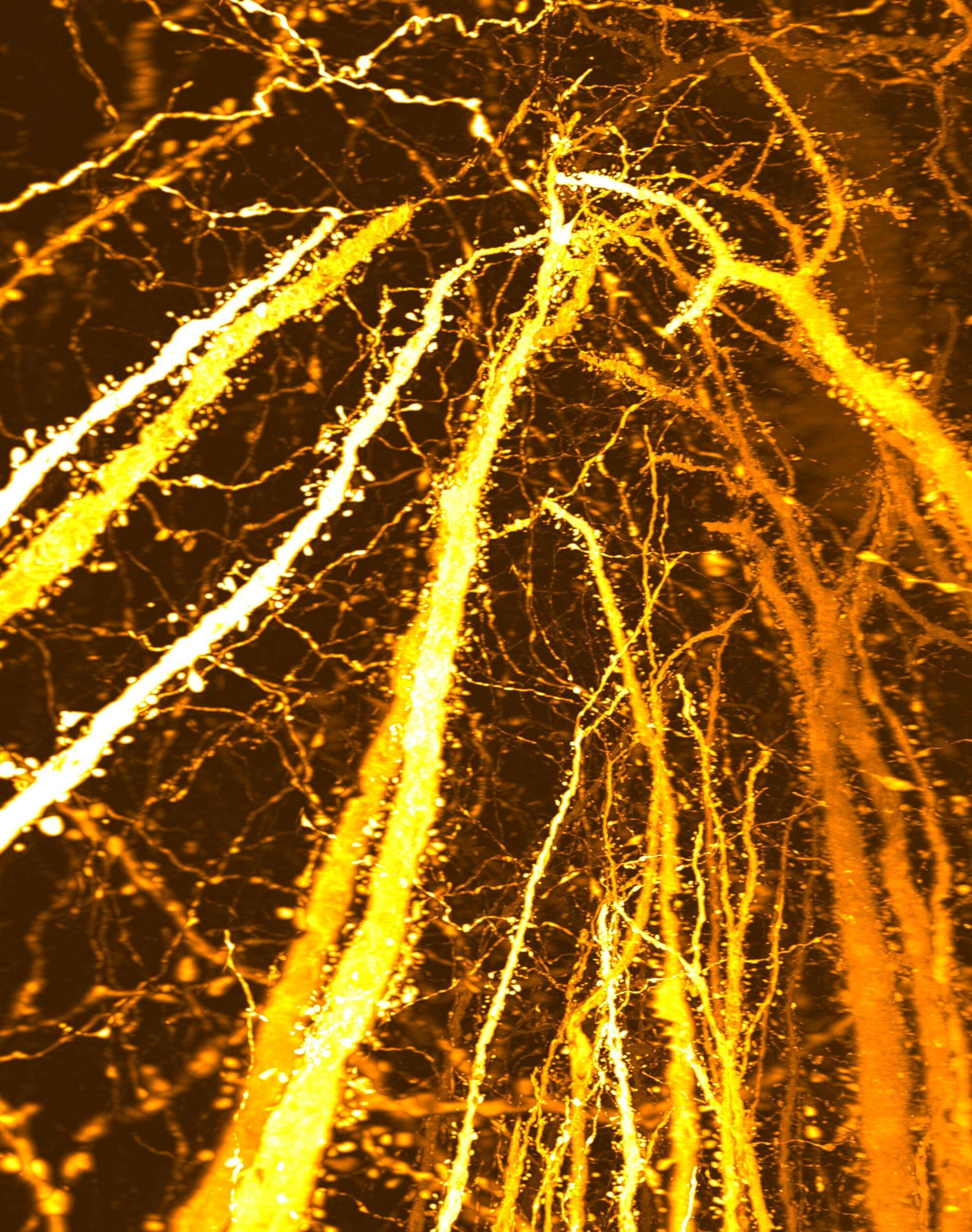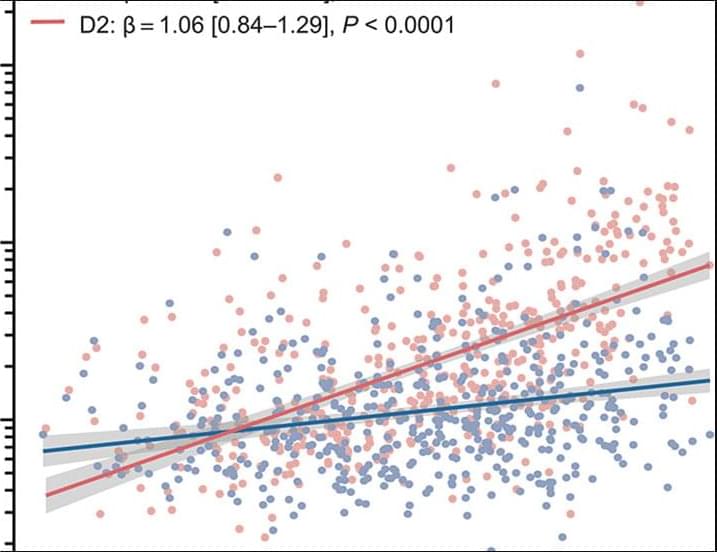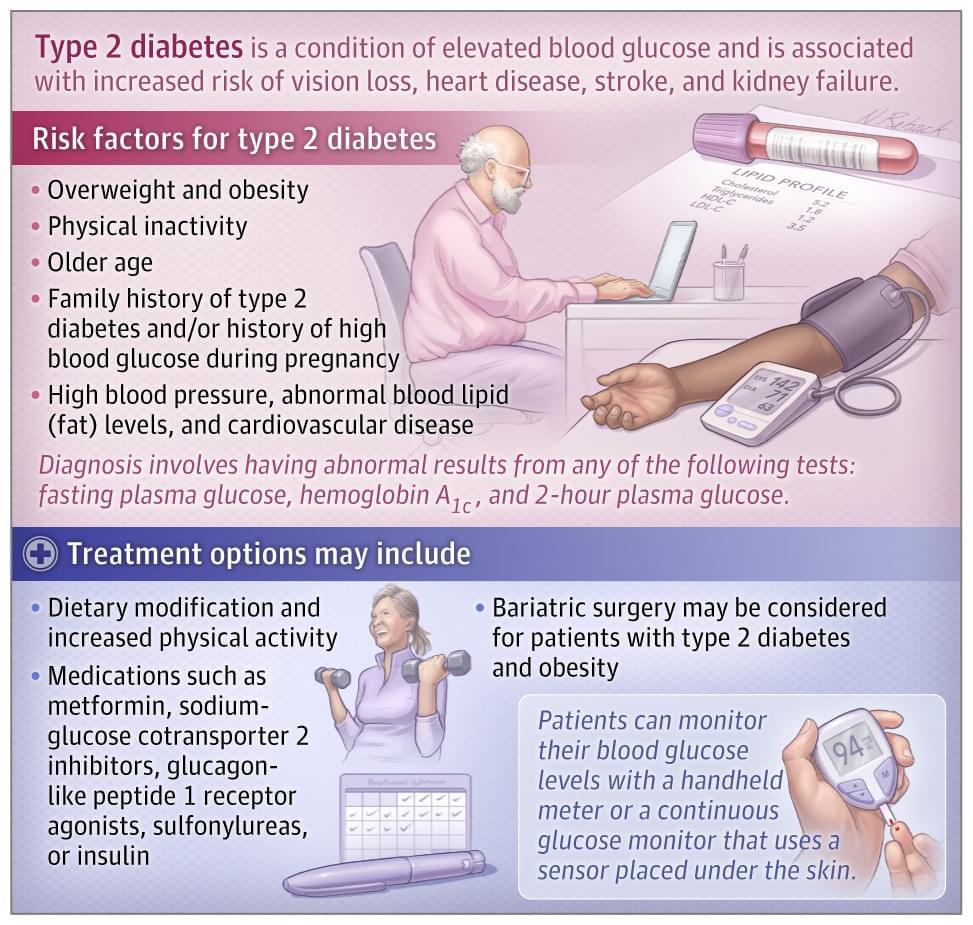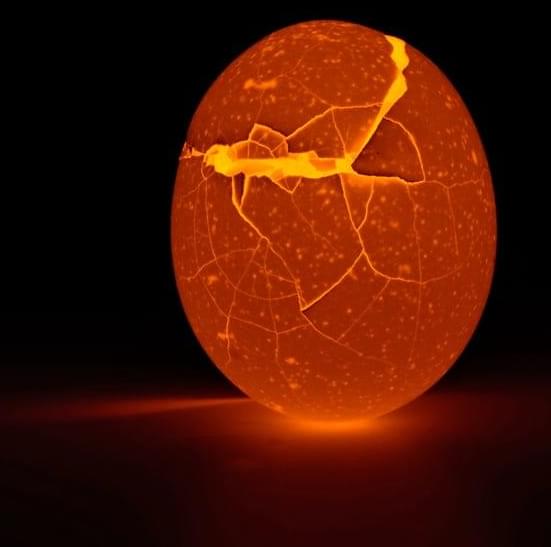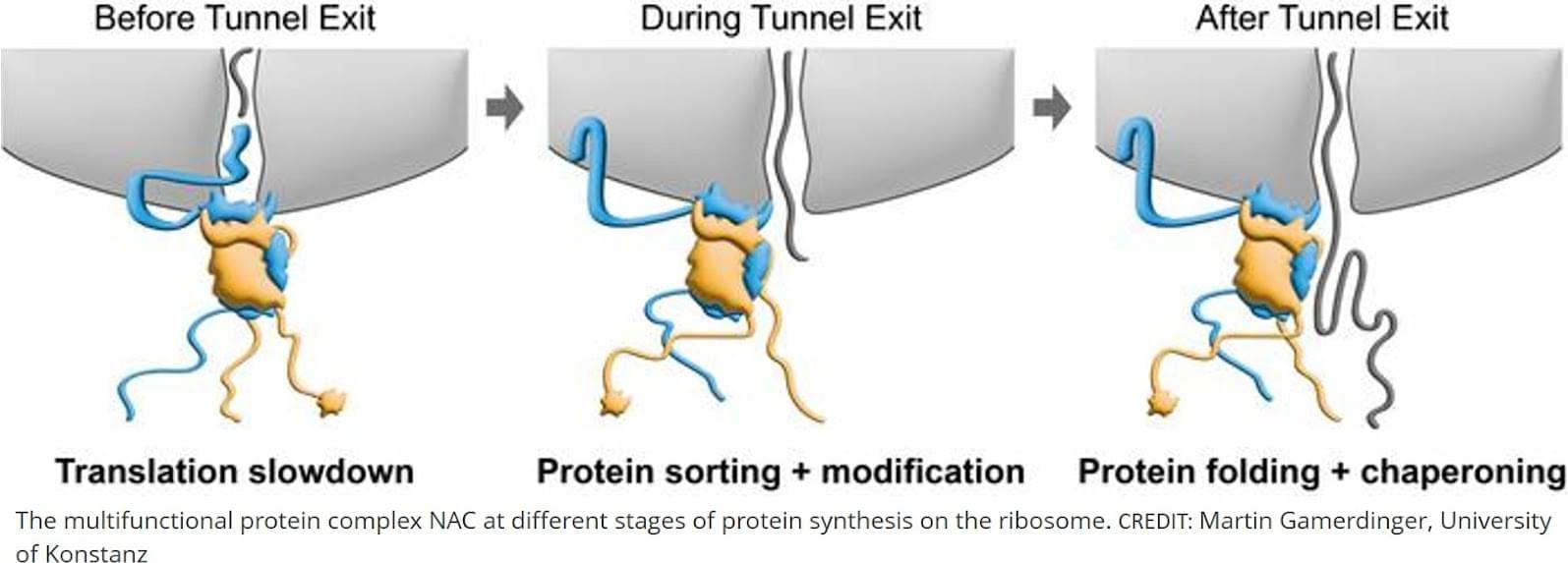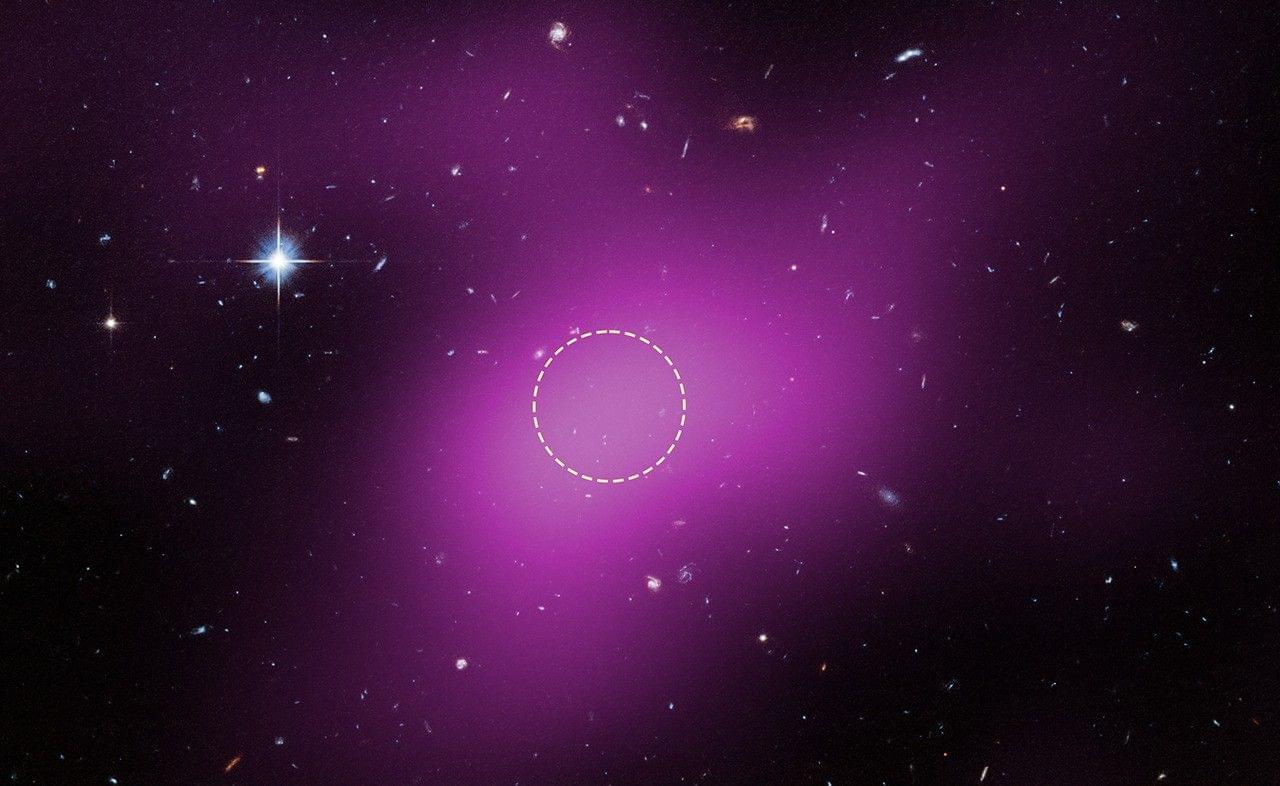Cortical chandelier cells (ChCs) are one of the most distinct and uniform IN subtypes (Howard et al., 2005; Woodruff et al., 2010). ChC axons exhibit a characteristic geometry with many prominent vertical branches, whose terminals are specialized into strings of synaptic varicosities (cartridges) directly apposed to AISs of PNs (Jones, 1975; Szentagothai, 1975; Somogyi, 1977). Because the AIS is the site of action potential initiation, ChCs can have decisive control over spike generation in a PN ensemble, thereby regulating synchrony and oscillation of network activity (Klausberger et al., 2003; Szabadics et al., 2006; Glickfeld et al., 2009). The striking stereotypy and specificity of this axonal and synaptic organization make ChCs an ideal system to study basic cellular events of IN wiring, such as axonal branching and subcellular synapse targeting. Another advantage is that individual AISs, which can be labeled with AIS-specific markers such as anti-AnkyrinG (AnkG) antibodies, can be unambiguously identified because they are spatially separable from neighboring AISs (Jenkins and Bennett, 2001; Taniguchi et al., 2013).
Study:
Basically, the study is carried out carefully and provides novel insights in the development of neocortical chandelier cells. While the manuscript is well written; both reviewers suggest that authors get help with linguistic editing.
The reviewers also agree that the interpretation that the non-synaptic varicosities may represent early stage branch points is somewhat surprising, considering their abundance at an age at which very little branching occurs. The reviewers ask the authors to expand their discussion considering the following arguments/ideas.
In Fig. 3E, it is shown that on P 28, i.e. close to adulthood and after pruning and remodeling, there are still around 40% off-target varicosities, which, if the single example in Fig. 5B is true and representative, would mean that 40% of all varicosities are non-functional! While it is possible that such varicosities could be the origins of branch points to remodel the axon, it is hard to imagine that ChC remodel 40% of their axon at any given time in adulthood. Please illustrate in a revised manuscript better resolved and uncolored original EM data to really show that these large varicosities do not form any synapses. Furthermore, it would be somewhat surprising that their numbers do not decrease after p21 when most axonal growth is expected to end. What about the possibility that these varicosities are in fact very early stage synaptic boutons that fail to mature/stabilize because the appropriate postsynaptic target is missing? Considering that inhibitory boutons (formed by other interneuron subsets) continue to be formed and lost into adulthood seem to make this option also quite likely.
